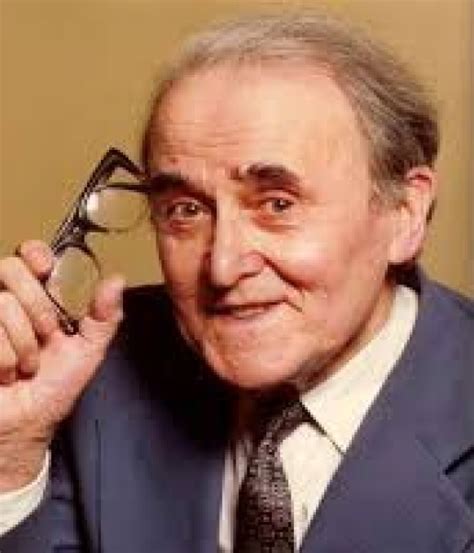A Quote by John le Carre
There are some subjects that can only be tackled in fiction.
Related Quotes
I have no control, of course, over how I'm marketed. It's a sad thing, though, that so many people perceive literature to be gendered. The idea that some subjects are male and some are female is just preposterous to me. It's reductive and nonsensical, to separate writers and subjects and plots along gender lines. It's meaningless.
As you see, I bear some resentment and some scars from the years of anti-genre bigotry. My own fiction, which moves freely around among realism, magical realism, science fiction, fantasy of various kinds, historical fiction, young adult fiction, parable, and other subgenres, to the point where much of it is ungenrifiable, all got shoved into the Sci Fi wastebasket or labeled as kiddilit - subliterature.
I'm a little skeptical of so-called narco fiction, I have to say, though some writers I admire may have written some narco fiction. You feel the dread and the atmosphere in Yuri Herrera's extraordinary novels, but you'd never say that what he writes is narco fiction. The same goes for Martin Solares's novels, inspired by the nightmare city of Tampico, where he's from. Valeria Luiselli, Álvaro Enrigue, I know that they're deeply affected by what goes on in Mexico, but their wonderful writing points in another direction, though not necessarily always and only.
I would say that most of my books are contemporary realistic fiction... a couple, maybe three, fall into the 'historic fiction' category. Science fiction is not a favorite genre of mine, though I have greatly enjoyed some of the work of Ursula LeGuin. I haven't read much science fiction so I don't know other sci-fi authors.






































